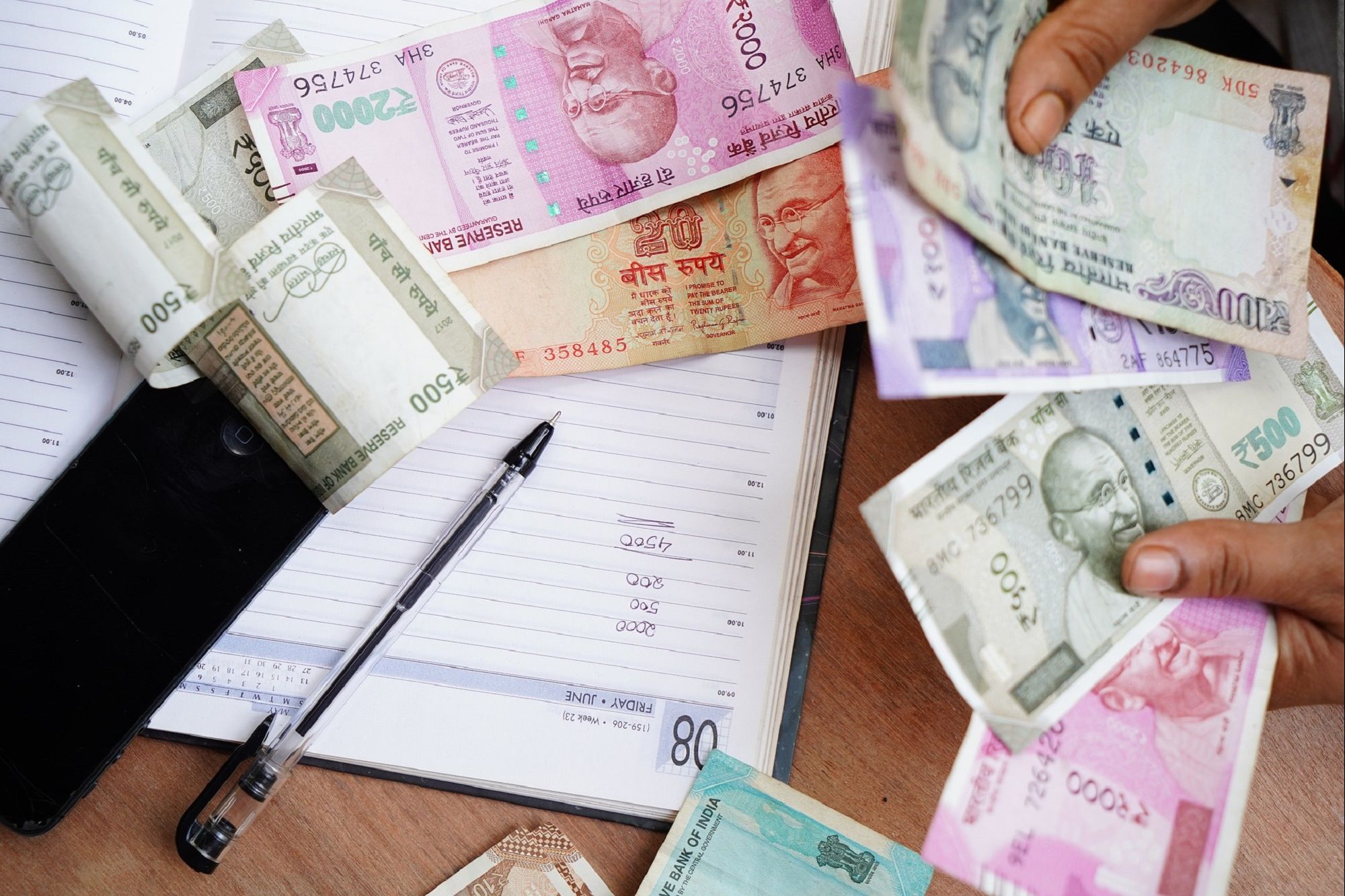Coronavirus: Moody's Cuts India Growth Forecast, Sees Unprecedented Shock To Global Economy The ratings agency has cut the growth rate for India by more than half to 2.5 per cent for 2020.
By Debroop Roy
Opinions expressed by Entrepreneur contributors are their own.
You're reading Entrepreneur India, an international franchise of Entrepreneur Media.

Moody's Investors Service has cut the expected GDP growth rate of India by more than half to 2.5 per cent for 2020, stating that the unprecedented 21-day lockdown to contain the coronavirus disease outbreak, announced by Prime Minister Narendra Modi, will dampen economic growth.
It had earlier estimated a growth of 5.3 per cent for the country.
Commenting on both India and South Africa (where it projects a contraction of 2.5 percentage points), the ratings agency said, "At these low growth rates, sharp falls in incomes in both countries would be likely, further weighing on domestic demand and the pace of recovery in 2021."
For India, it added that credit flow is already hampered severely due to liquidity constraints in the banking and non-banking financial sectors.
India's banking sector has been hit hard in recent times, with several non-banking financial institutions and more recently banks facing a crisis. Even otherwise, the Indian economy has seen tepid growth. The growth fell to 4.5 per cent in the quarter ended September last year, the slowest in more than six years, highlighting falling consumer demand.
Moody's maintained its India growth estimates for 2021 at 5.8 per cent.
Analysts at Nomura Securities estimate the lockdown to result in a direct output loss of about 4.5 per cent.
"Additionally, there will be indirect effects such as the persistence of public fear factor (even after the lockdown ends), a high risk that the livelihoods of the predominantly unorganised workforce will be hit and a sharp increase in corporate and banking sector stress," the brokerage said.
It added that it is likely that even when the lockdown ends, the fear factor among the public will result in below-normal activity for a few more months and even if demand for durables picks up, consumption of services will be permanently lost.
Further, lingering effects are expected on both private consumption and corporate investment demand. As corporates see profits squeezing, they would likely delay capital expenditures, lower salaries and cut jobs, which will again affect consumer demand, according to Nomura.
In its report, Moody's noted that the outbreak, which has affected more than 500,000 people across the world, will cause "unprecedented shock to the global economy".
While it said that the real gross domestic product for the G-20 group will contract by 0.5 per cent in 2020, compared to its earlier forecast of a 2.6 per cent growth with a potential recovery in 2021 (3.2 per cent growth), recovery in emerging markets will likely be relatively more muted than in advanced economies.
"A general lack of social safety nets, a weaker ability to provide adequate support to businesses and households, and inherent weaknesses in many of the major emerging market countries will amplify the impact of the shock," said Moody's.
Earlier on Friday, Reserve Bank of India governor Shaktikanta Das announced a slew of policy measures to help the economy during this difficult time. The RBI cut the repo rate, or the rate at which the central bank lends to commercial banks, by 75 basis points to 4.4 per cent while the reverse repo rate was cut by 90 basis points to 4 per cent.
Das said it was a fight never seen before and warned of a big recession for the world economy.











